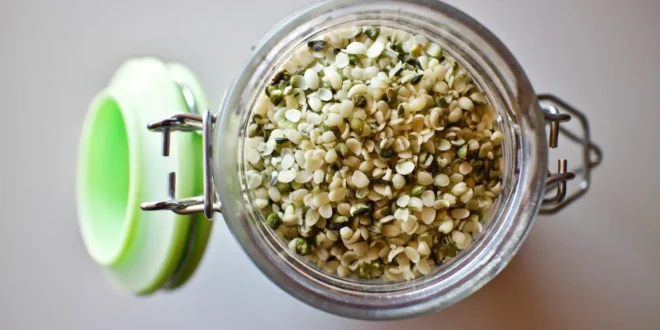There’s something truly magical about heirloom flowers. They carry within them the stories and fragrances of generations past. They add a touch of nostalgia and raw beauty to any garden.
Yet, the importance of these seeds extends beyond mere aesthetics. They are a living link to our history and agricultural heritage.
For gardeners seeking a richer connection to their craft and the earth, heirloom flower seeds are invaluable. Here’s why:
What Does Heirloom Seeds Mean?
According to U.S. Department of Agriculture (USDA), heirloom seeds are “seeds that have been saved and passed down from generation to generation.” These plants must be open-pollinated, meaning they are pollinated by insects, wind, or other natural means. This is in contrast to hybrid seeds, which are produced by crossing two different varieties of plants.
A Glimpse into the Past
Heirloom flower seeds are like time capsules that forgot to open. They preserve the genetic diversity of plants that our ancestors so carefully cultivated. Each bloom tells a story, of a time when flowers were held close to the heart and their seeds passed down from hand to hand.
The Value of Genetic Diversity
In the face of modern industrial agriculture, the importance of preserving genetic diversity cannot be overstated. Heirloom flower seeds are the living champions of biodiversity. Each variety is a unique strand in the tapestry of plants that ensures the resilience of our ecosystems.
For gardeners, the value of genetic diversity is multifaceted. It brings an array of colors, shapes, and scents, creating a richer and more beautiful garden.
Equally important, it provides a safety net against pests and diseases. It can wipe out monocultures, ensuring that if one type of plant succumbs, others will survive.
Preserving Cultural Heritage
Flowers have always held a special place in human culture. They’ve been used to convey emotions, decorate ceremonies, and represent societies.
For this reason, many heirloom flower seeds carry cultural significance. They are often associated with specific regions, traditions, or even stories.
For example, heirloom tomato seeds are tied to the Italian-American community. It is passed down by immigrants who brought them over from their homeland.
Heirloom pumpkin seeds, on the other hand, are linked to Native American cultures. These heirloom tomato plant seeds are a symbol of their agricultural heritage and hold deep spiritual meaning.
When gardeners grow these flowers, they become stewards of a cultural heritage. The act of growing an heirloom flower can be a beautiful nod to the traditions that have revolved around it.
Just take a look at this page for heirloom seeds, you’ll see for yourself the beauty of cultural diversity that they offer.
Heirlooms and Ecosystems
Heirloom flowers are more than just pretty faces. They play a vital role in the broader ecosystem. Many of these plants are excellent sources of nectar and pollen for pollinators.
By cultivating heirloom flowers, gardeners contribute to the preservation of a balanced and healthy ecosystem. This is particularly important at a time when rapid urbanization and climate change are diminishing natural habitats.
Heirloom Flower Seeds: A Legacy Worth Preserving
Heirloom flower seeds are more than just a beautiful addition to any garden. They carry stories, preserve genetic diversity, and honor our cultural heritage. By growing these seeds, gardeners become stewards of a legacy that is worth preserving for generations to come.
So next time you’re planning your garden, consider adding some heirloom flower seeds. Keep the legacy alive and let these flowers continue to captivate and inspire for years to come.
Did you find this article helpful? If so, check out the rest of our site for more.
 SlushWeb Bringing Facts to Light
SlushWeb Bringing Facts to Light



